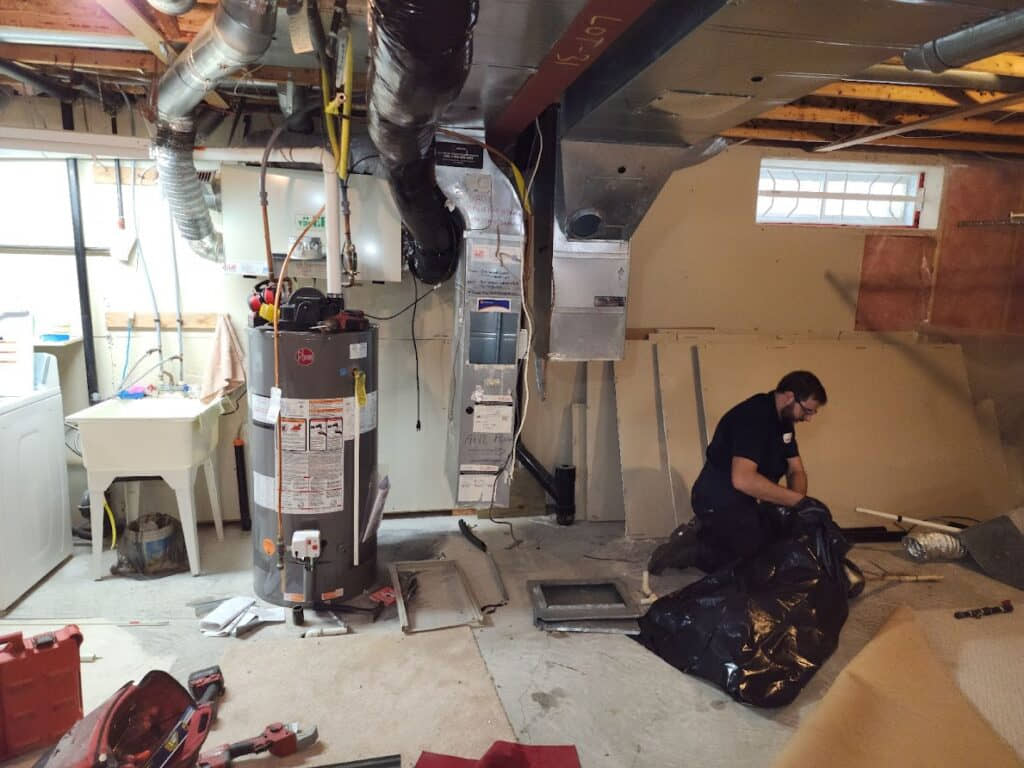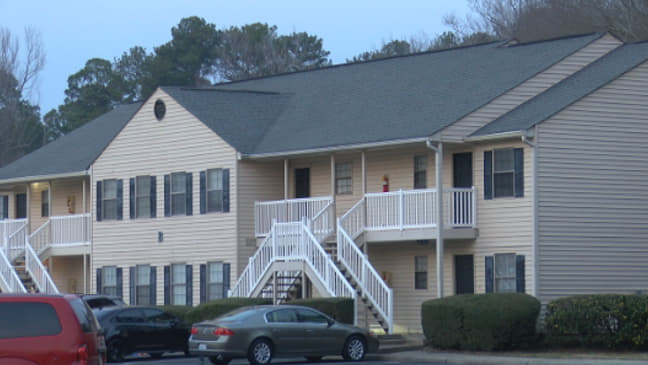Repainting the walls of your apartment can be an effective way to make the space feel fresh and more like home. However, as a renter, it is important to be aware of landlord-tenant laws and regulations regarding making alterations to the property.
In this article, we delve into the question can I be evicted for painting my apartment.
Can I be evicted for painting without permission?
Yes, painting your apartment without your landlord's permission can be grounds for eviction. The lease agreement is a legal contract that outlines the rights and obligations of both the tenant and landlord.
Unauthorized alterations, such as painting the unit, typically constitute a violation of the lease. This gives the landlord justification to begin eviction proceedings if they so choose. It is always best to get the green light from your landlord in writing before starting any painting project.
What if the lease doesn't mention painting?
Even if painting is not explicitly prohibited by the lease, tenants should still request approval from the landlord before proceeding. While the lease may be silent on the topic, landlords generally have the right to preserve the condition and appearance of their rental property as they see fit.
This means they can deny painting requests or require certain paint colors/styles be used. To avoid potential disputes, tenants should clear any planned painting in advance through written permission from their landlord.
Can I be fined for painting without permission?

Yes, landlords may impose fines on tenants who paint without authorization. Common fines include charges for the cost of repainting the entire unit if the unauthorized paint job damages walls beyond simple touch-ups.
Landlords may also apply cleaning/repair fees for things like removing paint from trim, floors, or other surfaces. Any fines issued would need to adhere to state laws regarding rental deposits and deductions. Tenants could dispute unreasonable fines in court if needed.
Can painting affect my security deposit?
In most cases, yes - security deposits are at risk if a tenant paints without consent. Landlords may deduct painting and repairs from the deposit if the unauthorized work damaged walls, trim, or other areas. Even with permission, sloppy painting that requires more than normal touch-ups to restore the unit could trigger deposit withholdings.
Thoroughly discussing security deposit responsibilities with the landlord prior to painting is critical.
What are the potential landlord legal actions?
For significant painting damage or lease violations, landlords may pursue various legal actions against tenants. Small claims court is an option for repair/repainting costs under the local limit. For extensive alterations, landlords could pursue claims in regular civil court as well.
In rare cases, painting without permission may be considered property damage depending on state laws - potentially exposing tenants to criminal charges. Following the lease terms and getting the landlord's written approval avoids these risks.
What if the apartment needs repainting?
Tenants should never attempt painting without permission, even if the walls are in poor shape. Under the lease, landlords are usually responsible for general property maintenance, including periodic repainting of rental units.
If walls truly need refreshing between tenants, a polite request and discussion with the landlord is warranted. However, taking painting matters into one's own hands risks lease violations and associated penalties.
Can landlords deduct repainting from the security deposit?
Yes, landlords have grounds to deduct repainting costs from security deposits under certain conditions.
For example, amateur or unapproved painting resulting in damaged walls/trim beyond normal wear can trigger deductions. Deductions are also valid if tenants use prohibited painting methods or non-landlord-approved paint.
However, general repainting required only due to standard aging of previous paint may be considered normal wear and tear which landlords cannot charge tenants for under most state laws. Complying fully with the lease helps avoid improper security deposit withholdings.
Conclusion
While painting an apartment can improve its aesthetics, renters must receive explicit permission from their landlord first or potentially face penalties. Tenants are advised to thoroughly review their lease agreement and directly ask the landlord about any painting rules or restrictions.
With approval and precautions, renters can avoid issues like fines, deposit deductions, eviction, and other legal troubles down the road.
Clear communication and adhering to the lease protects both tenants and landlords alike.





